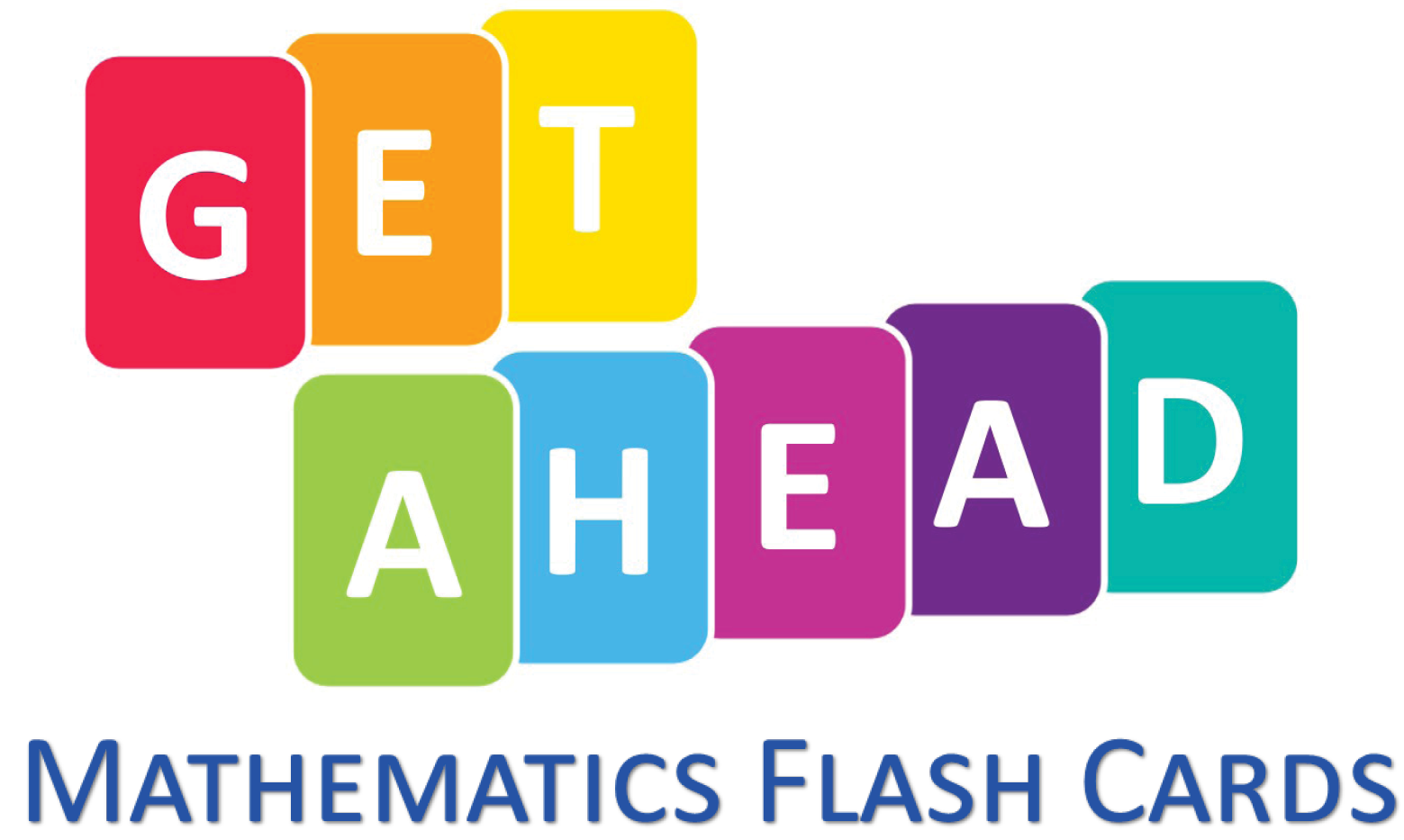About us
Get Ahead Flash Cards were developed to help children in primary school and their parents learn, navigate and master the latest Australian Mathematics Curriculum (Version 9).
A chemical engineer with a PhD who has always been interested in maths is the creator of the flash cards. Chemical engineers have in-depth knowledge of advanced mathematics and their main focus is to essentially “solve problems”. Whilst tutoring his grandchildren in Primary Maths, it became abundantly clear that maths results in Australia, and even around the world, were in decline and the teaching of maths was a problem in need of a solution. The flash cards were carefully designed in collaboration with a teacher (retired Qld Education Department) and a psychologist.
Parents struggle with the new inquiry-based methods of learning maths, as this was not how they were taught (direct instruction). In the 1960’s, memorisation and rote learning of tables were used to teach Mathematics and English. The newer methods of teaching have unfortunately been largely unsuccessful. How often do you see the most basic errors in written English (for example, “there” instead of “their”) as well as people struggling to perform simple calculations in their head?
The problem boils down to how to unleash the teaching potential of parents who want their children to succeed in maths by teaching mathematics using direct instruction to supplement inquiry-based learning.
The solution is flash cards. The flash cards are direct instruction on each topic with easy-to-understand worked answers and once mastered provide the necessary tools for the child to successfully engage in the various investigations which are the hallmark of inquiry-based learning. Children will no longer flounder in class because they will have gained the fundamental maths tools to join in with their peers to solve investigation type problems.
A key benefit of the flash cards is they allow students to free up their working memory as maths facts, such as times tables, metric conversion factors, doubles, halves, squares and square roots and so on, are at their fingertips. Instant recall or automaticity enables students to focus on solving the problem and not wasting time trying to work out what 6 × 7 equals, for example.
